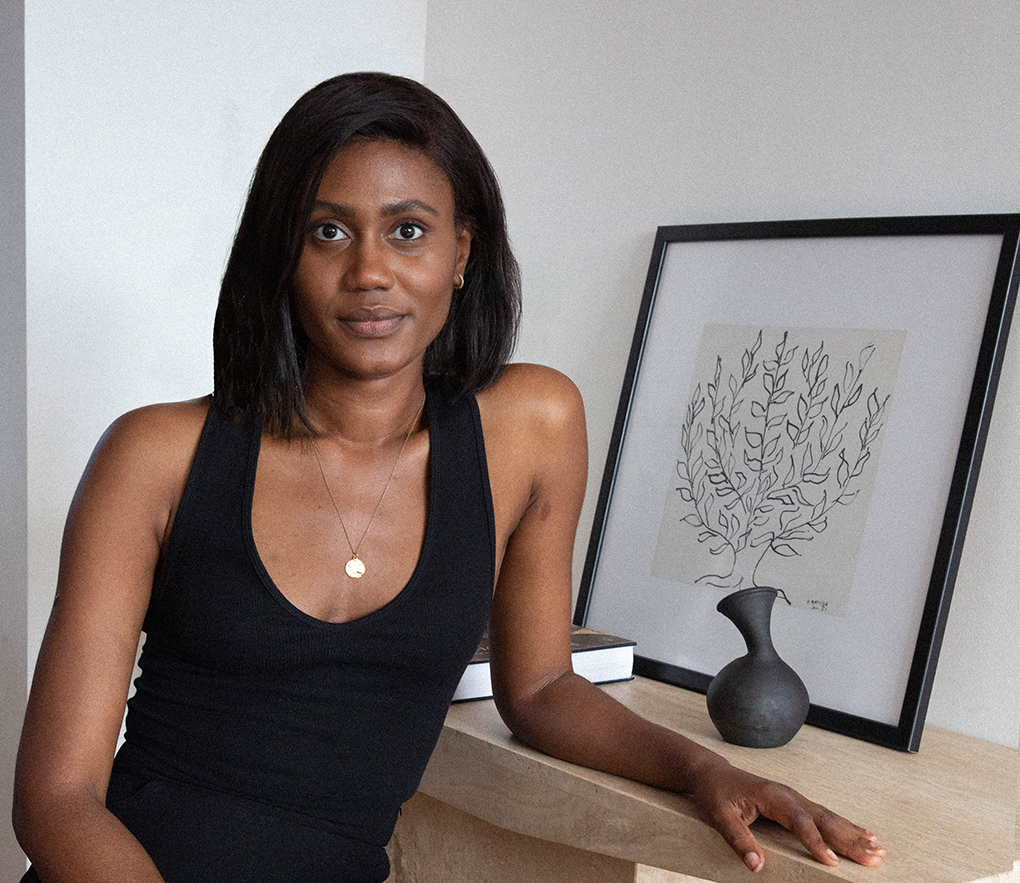British-Nigerian Chinasa Chukwu, founder and creative director of Weruzo, was born in Austria and raised between London and Lagos. Now 31, as a child, she spent holidays traveling around Nigeria with her family, and found herself drawn to the stories of the people she encountered during those trips.
“Our parents would take us on road trips from one end of Nigeria to the other, telling us all the stories about each landmark we came across or state line we crossed,” said Chinasa. “I loved it and wanted my brand to continue to tell those stories and foreground our histories and creativity.”
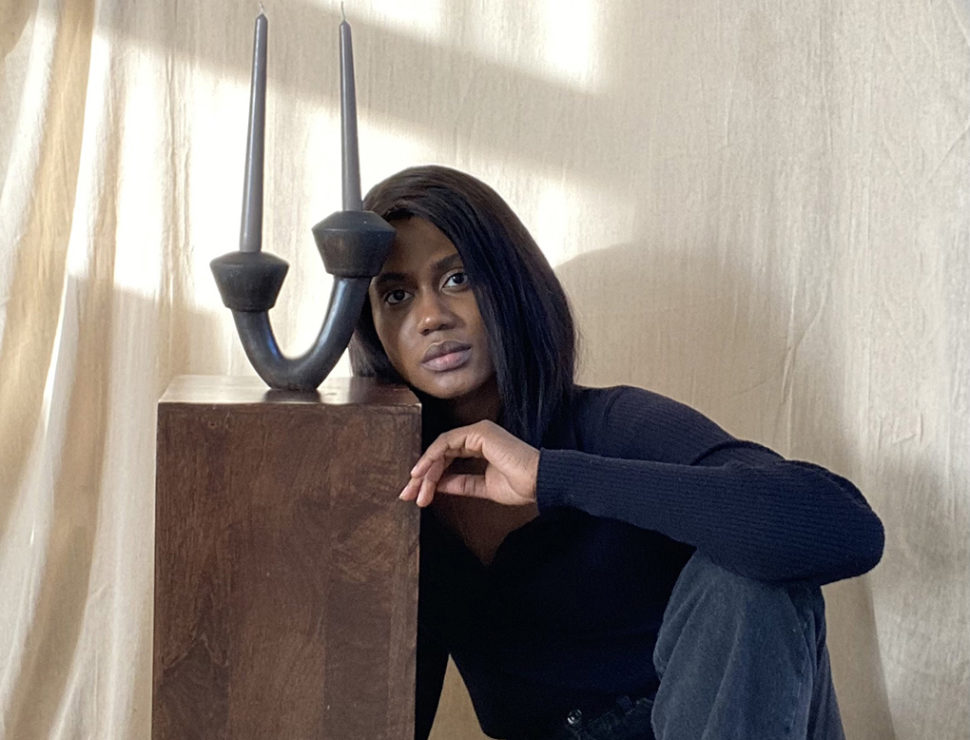
Chinasa was particularly fascinated by the stories and craftsmanship she observed of artists and people who created. These stories, as well as other elements of her culture, inspired her to begin creating and, ultimately, inspired her to launch her brand, Weruzo.
“I’ve always designed. There’s a photo of me somewhere with the first dress I ever designed when I was about five or six. It’s also part of Nigerian culture to design your own clothes; maybe not sketching necessarily, but picking out elements of different pieces and putting them together to make something completely individual. So I’ve always done that, but I didn’t start working on my brand and honing my own approach to design until I was in my late teens.”
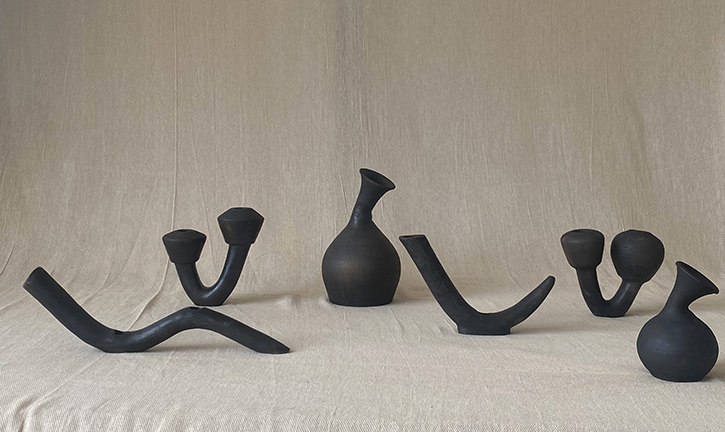
Chinasa went on to work in the fashion industry for brands like Maxmara and Erdem before launching her own women’s line in 2015. The brand was well-received and featured in publications such as Harper’s Bazaar, Elle Magazine, and Hunger.
Several years later, after spending three months with artisans in Northern Nigeria, she felt inspired to create something new. Having officially launched in October 2021, Weruzo is a collection of lifestyle and design objects reflecting an ongoing collaboration with African cultural histories and design practices. The homeware vessels are inspired by African traditional folk instruments and crafted by Nigerian artists.
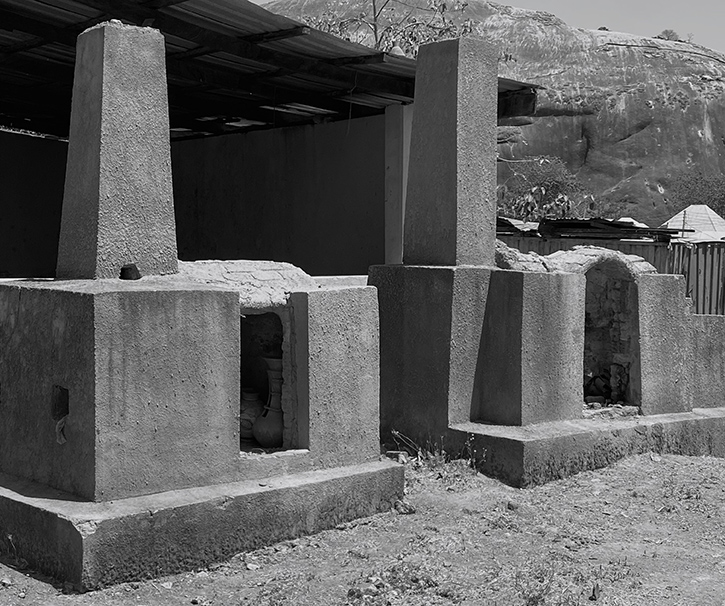
“I’m endlessly inspired by the traditional crafts and objects native to different countries and the similarities or variations you encounter sometimes country to country and other times region to region. I think Weruzo is unique because we work in tandem with artisans and are equally focused on preserving these crafts as we are on innovating with them. I want to contribute to the evolution of our design practices while making sure the traditional processes are respected and protected.”
There are many aspects about the artistry and craftsmanship of her homeland that Chinasa continues to find inspiring, from the textures and shapes, to the artisans and their ingenuity.
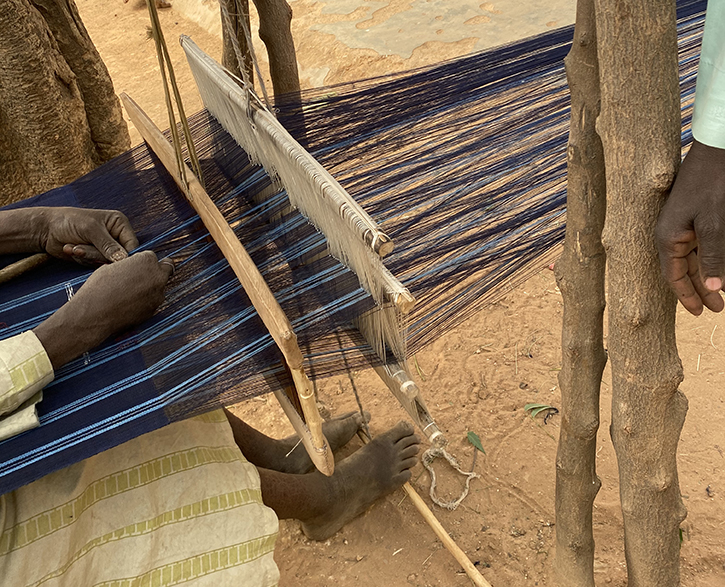
“I’m an observer, so all the little details catch my eye. Sometimes it’s architecture and the way cultural elements are carried through even to new buildings. For instance, in Kano, I noticed that the petrol stations have the same design signatures as traditional buildings so they blend into the landscape. I find details like that fascinating because they make space for the new but preserve the old.”
During the three months she spent in Northern Nigeria with the artisans, Chinasa learned a great deal from them. She learned about their resilience, and about how close so many of their skills are to disappearing.
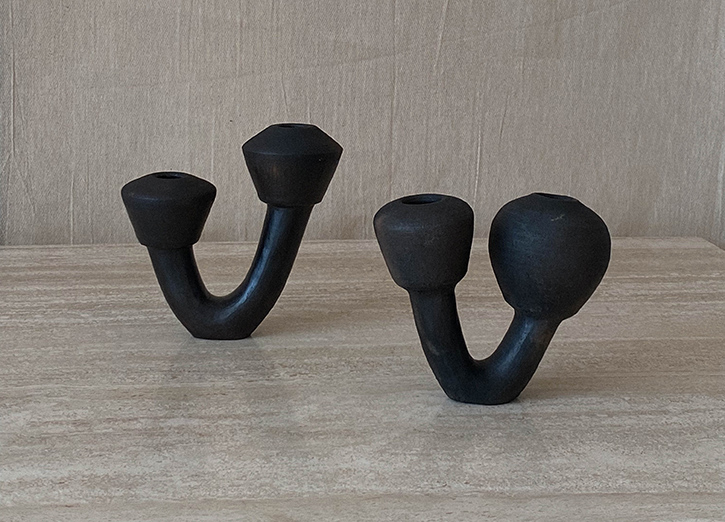
“The skills take a lot of time and dedication and often don’t reward the artisans well enough. The trip, as well as subsequent trips, has also taught me more ways to be sustainable because for these artisans, it’s a way of life, born out of necessity. They source about 85% of their materials locally and constantly find new ways to incorporate discarded products around them in their processes, whether it’s in creating designs on objects or as tools in the actual making process.”
Chinasa makes sure the artisans she works with know that she genuinely respects them, their work, and their time. Weruzo pays them fair wages dictated by them, ensuring that they have dignified work. The company also sticks to the order quantities they are able to fulfil for each collection.
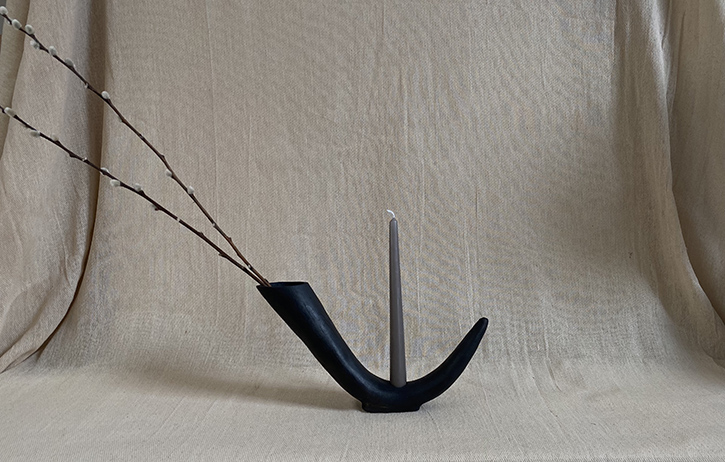
“I always listen to the artisans when they have feedback and try to see how we can come to a compromise. Yes, it is a business, but the work is also back-breaking with only a few people doing it. It is also part of our long-term plan to not only increase our orders gradually, which helps them grow at a rate they can manage, but also to buy more equipment and create training schemes in the artisan communities to help them keep the crafts alive beyond the current generation.”
In addition to an exhibition, which will launch in the next few months, a new Weruzo collection will be releasing this summer.
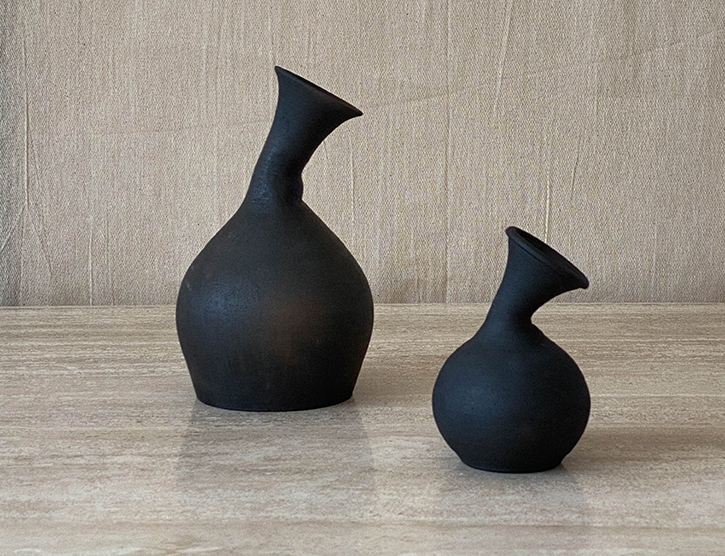
“I won’t give it all away so people have something to look forward to. I plan on expanding into other categories and materials as well, but that’s a bit further away as it takes about a year to learn how each artisan community works and plan collections around that!”
For more information, visit www.weruzo.com/shop and follow @weruzo and @chinasa on Instagram.
Related: Made Leather Co: A Black-Owned Leather Goods Brand Handcrafted In Morocco
